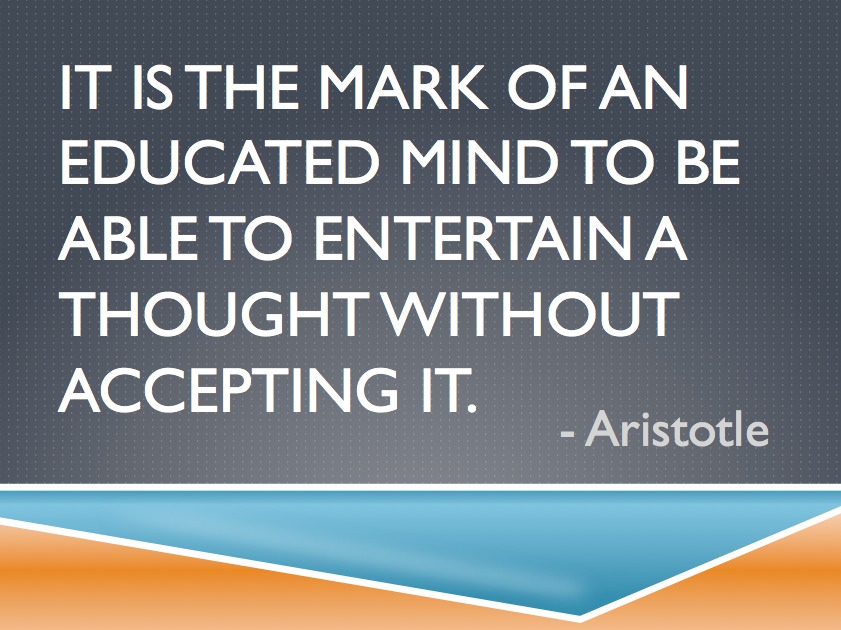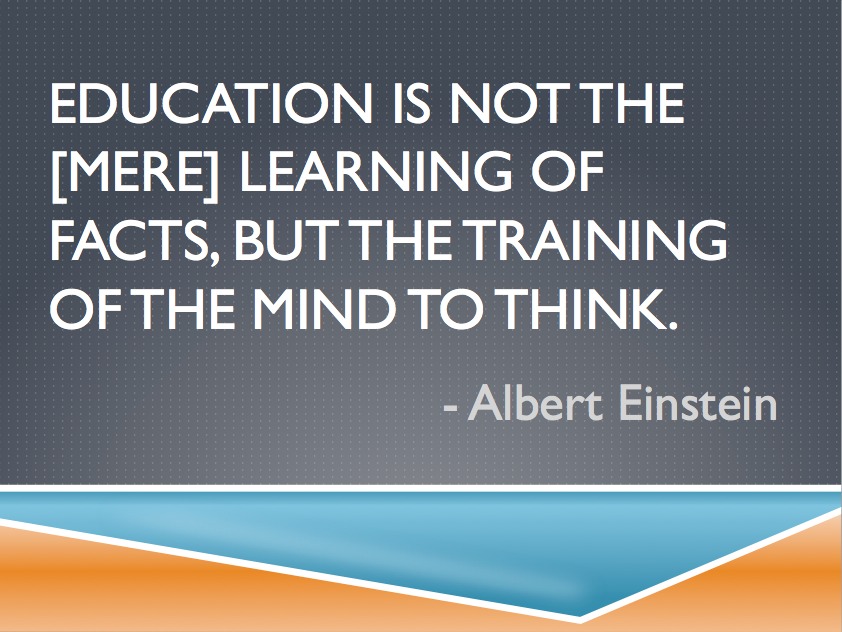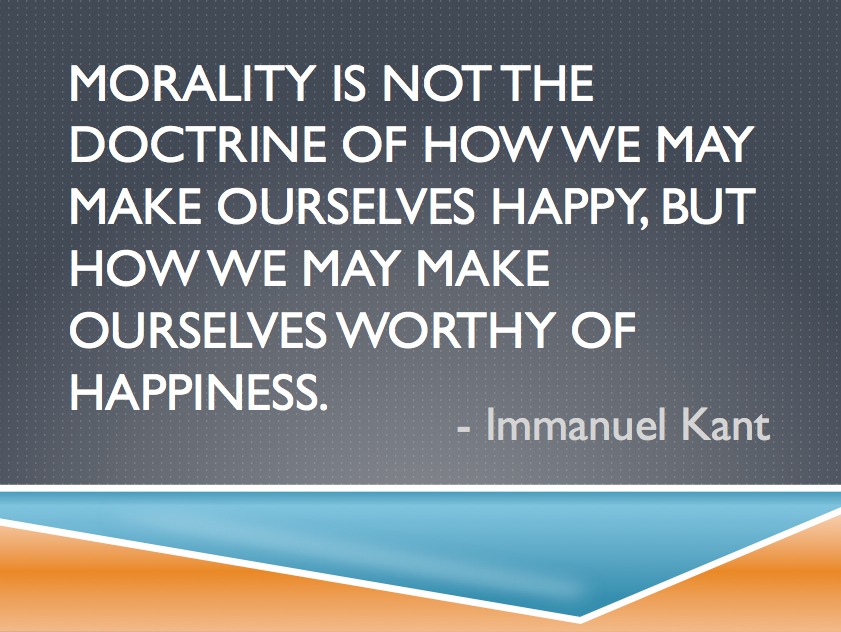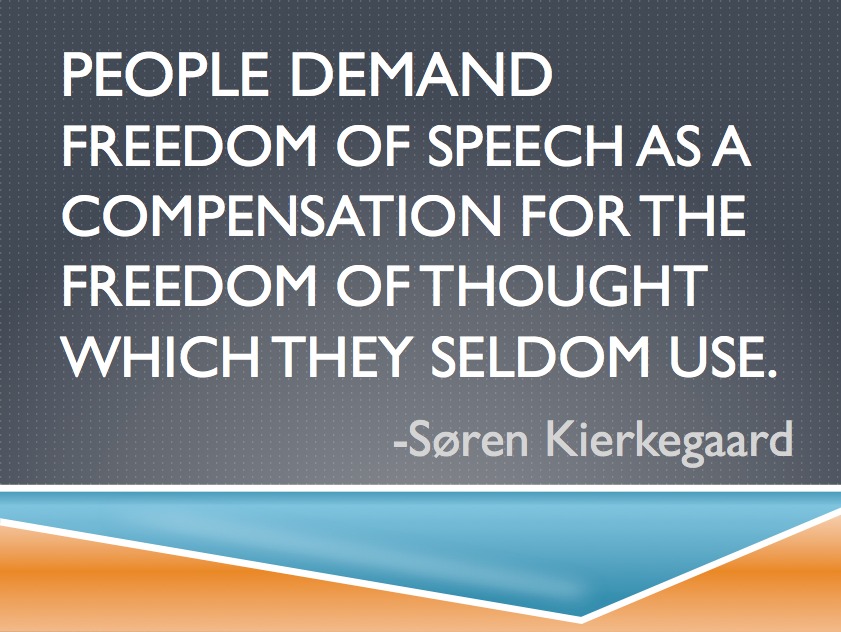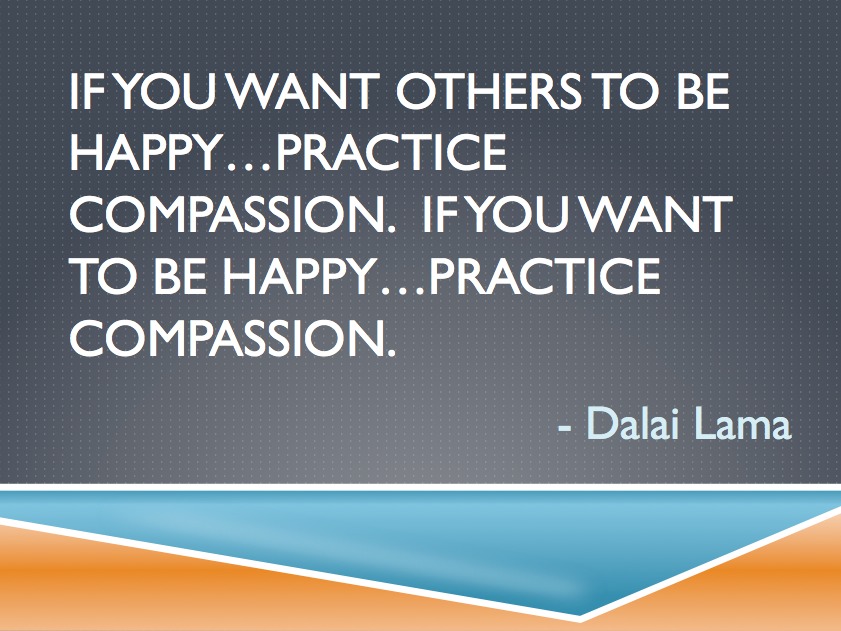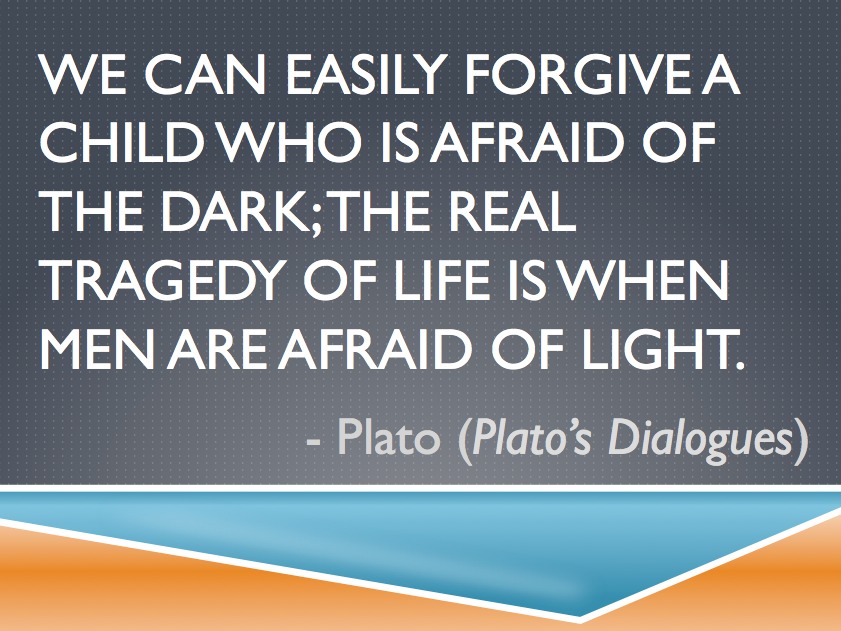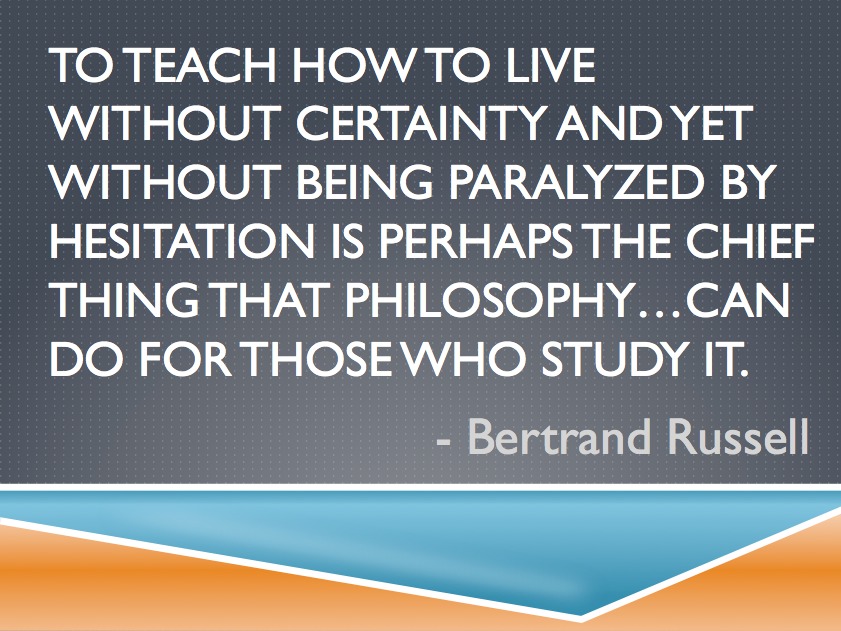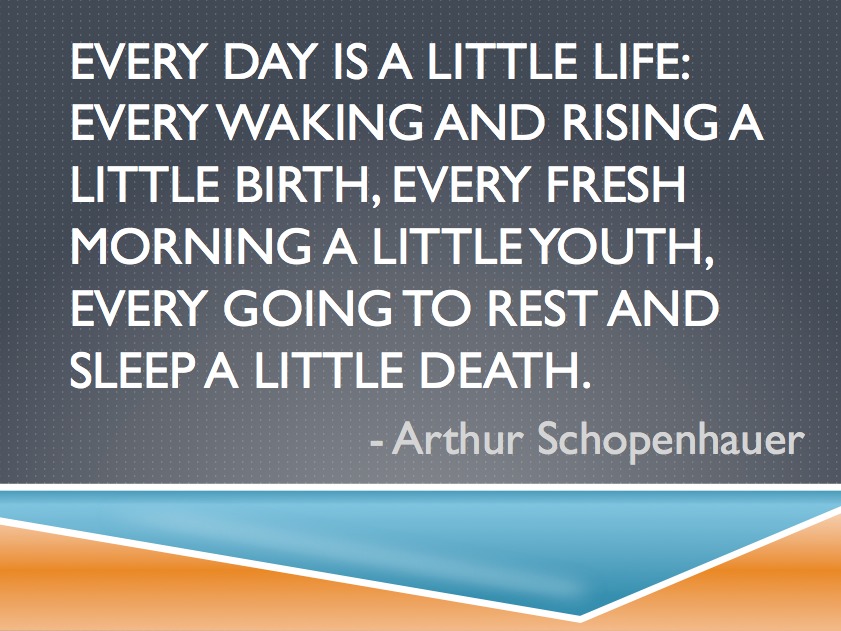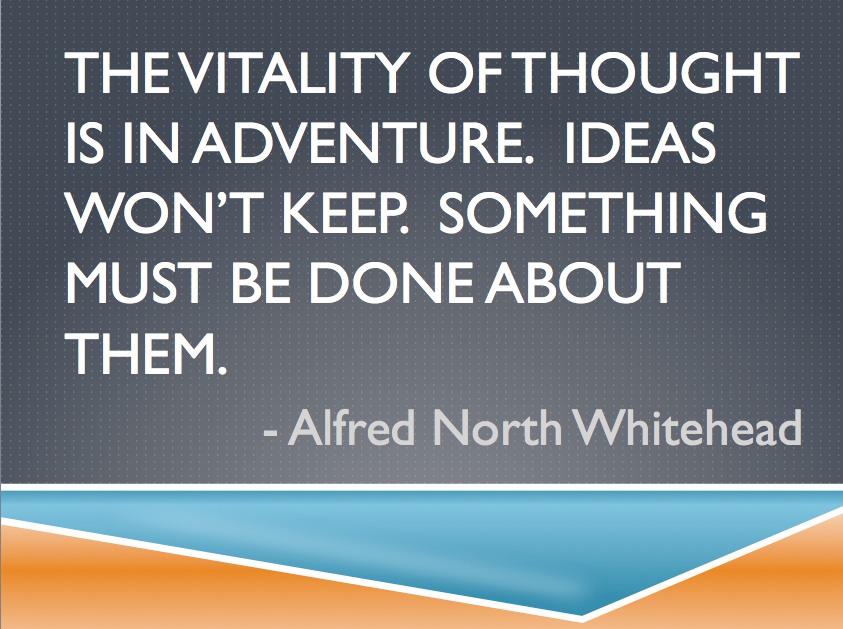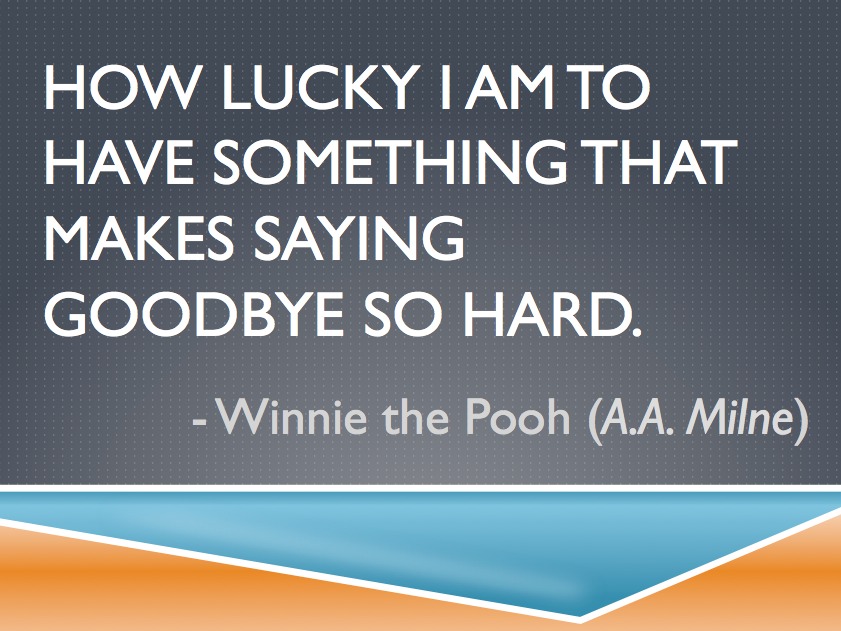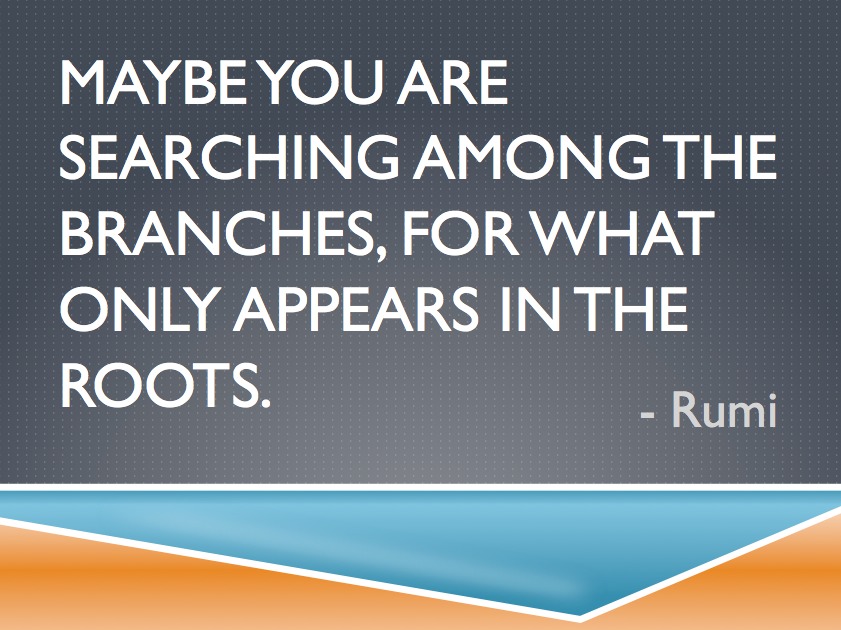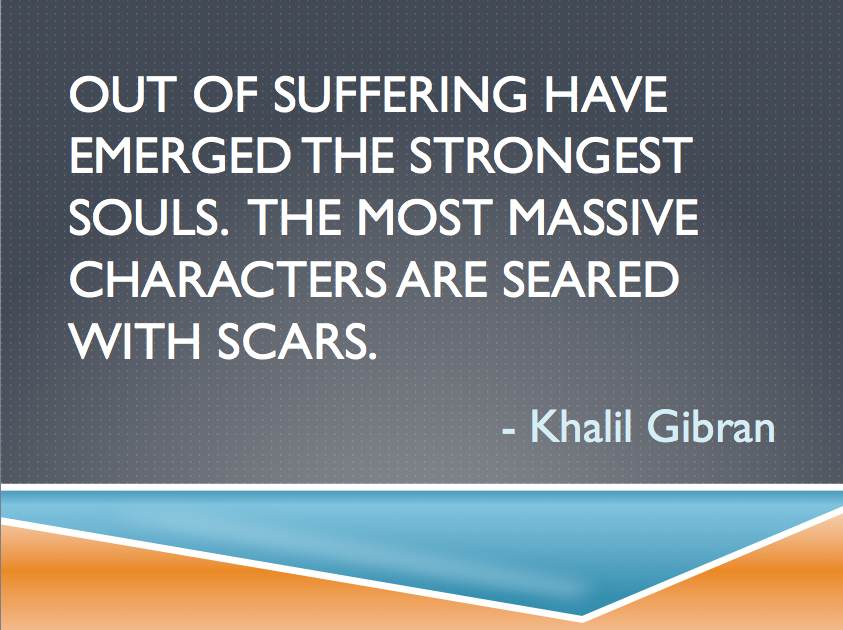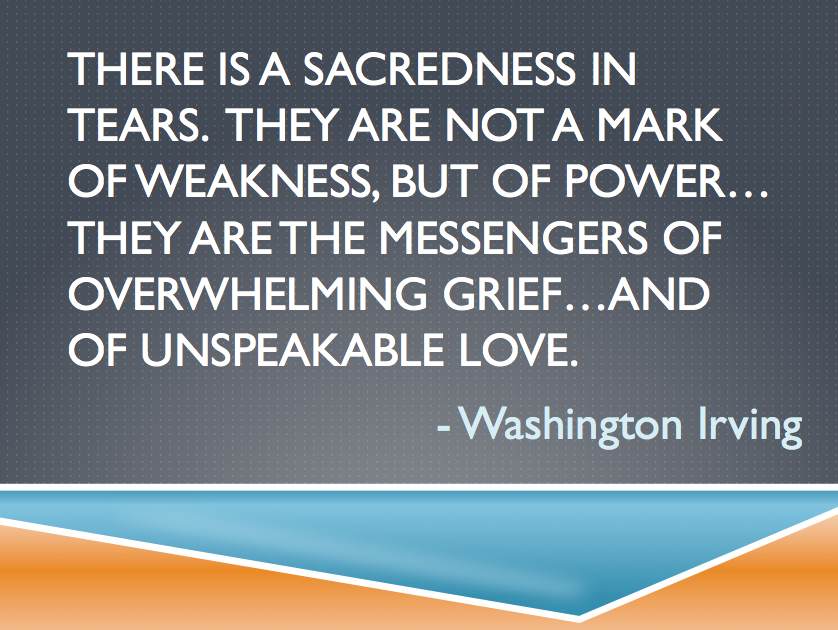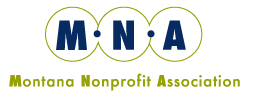Woo-Hoo!! We just received word that we’re being awarded a $4,000 grant from Humanities Montana for our 2023 Loss & Legacy Philosophy Symposia series. This grant will help support costs associated with guest speaker & facilitator honoraria, venue expenses, film screening licensing, curriculum design, and more!
Montana is home to so many wonderful non-profits doing amazing work in the humanities. To be recognized as one of these non-profits and awarded a grant — especially knowing that there is not nearly enough funds to award everyone in need — is humbling. We are so grateful to you, Humanities Montana…and so delighted to have the opportunity to be doing work that we love & so deeply believe in!
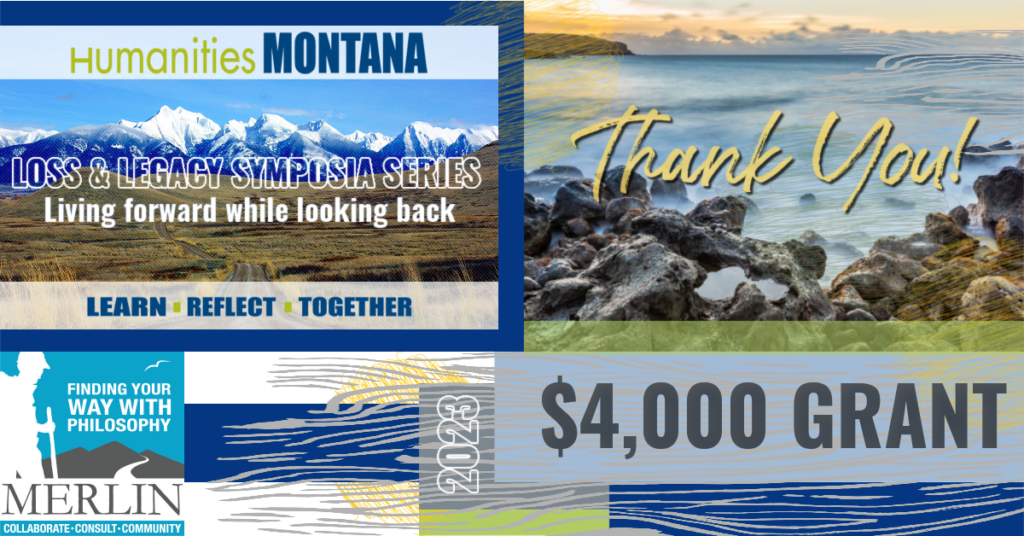
I love all of the activities we offer in the community. But this particular philosophy symposia series on loss & legacy holds a very special place in my heart. Merlin was founded, in large part, in response to the loss of my father. Exploring these deeply human experiences together, through the lens of philosophy, is a gift. – Marisa Diaz-Waian, Director of Merlin CCC
About Our 2023 Loss & Legacy Philosophy Symposia Series
In this dynamic philosophy series we’ll look at what it means to be at the interface of loss and legacy. We’ll ask two central questions:
- “How do we think about grief?”
- “How do we think about our ancestors?”
Each question could stand on its own. But by considering them together, in the ways that we actually encounter them – not as separate events, but rather, as intimately connected and mutually informative experiences – our symposia series recognizes the challenges (and skills) involved in navigating this unique space between the ways that we think about (and “handle”) loss and the ways that we think about (and “address”) legacy.
In addition, while there are many ways to approach these questions, we’ll conduct our examination through the lens of philosophy, offering a particular set of tools by which to consider loss and legacy – not as the set of tools but rather as a set that can take us to some different places than other tools might.
The series will consist of two main events (one in Spring and one in Fall) and two supplementary events, each of which will bring to the fore a note that is present but less dominant in the main gatherings. The main events will be panel-style symposia featuring guest speakers and a facilitator. The supplemental events will involve a film and community conversation.
All events in the series are free and open to the community. Learn more here!

About Humanities Montana & NEH
Humanities Montana is an independent, nonprofit affiliate organization of the National Endowment for the Humanities (NEH) that provides support for educational and cultural public programs throughout the state.
As a humanities organization, they believe in the capacity of history, literature, philosophy, religious studies, and more to stimulate reflection, create knowledge, resolve problems, and inspire delight. They provide and support numerous public programs that encourage critical thinking, examine civic issues and other issues of concern, and deepen our understanding of where we’ve been, where we are, and where we’re going. Their mission is to enrich the lives of all Montanans by fostering inquiry and stimulating civil and informed conversations about the human experience.
The National Endowment for the Humanities (NEH) is an independent federal agency created in 1965 and one of the largest funders of humanities programs in the United States. NEH promotes promoting excellence in the humanities and awards grants to cultural institutions, such as museums, archives, libraries, colleges, universities, public television, and radio stations, and to individual scholars. NEH grants have the aim of:
- strengthening teaching and learning in schools and colleges
- facilitating research and original scholarship
- providing opportunities for lifelong learning
- preserving and providing access to cultural and educational resources
- strengthening the institutional base of the humanities








